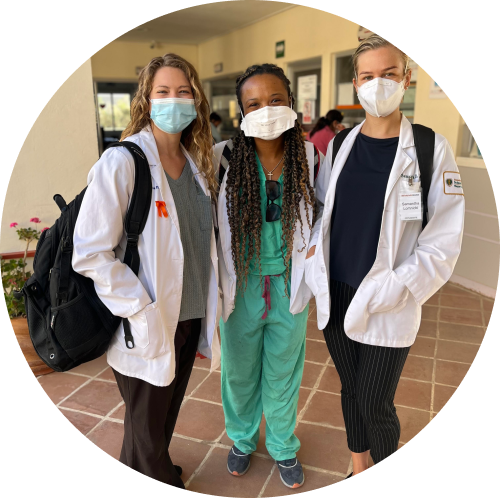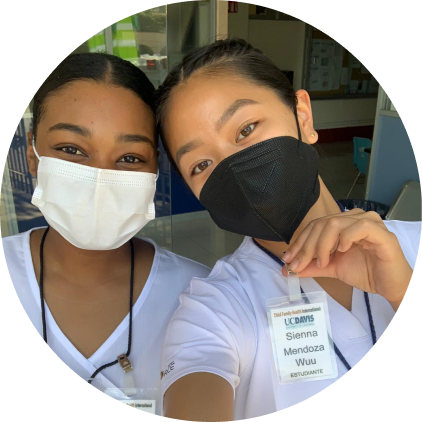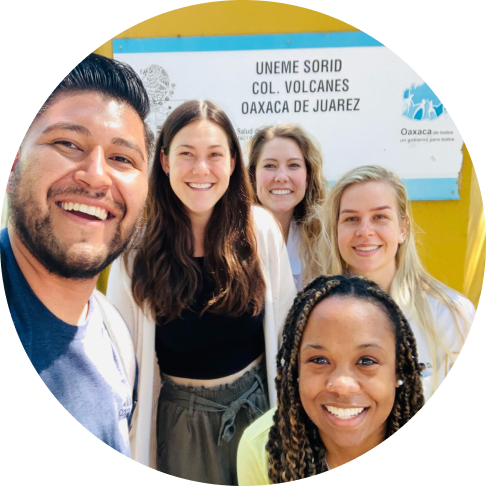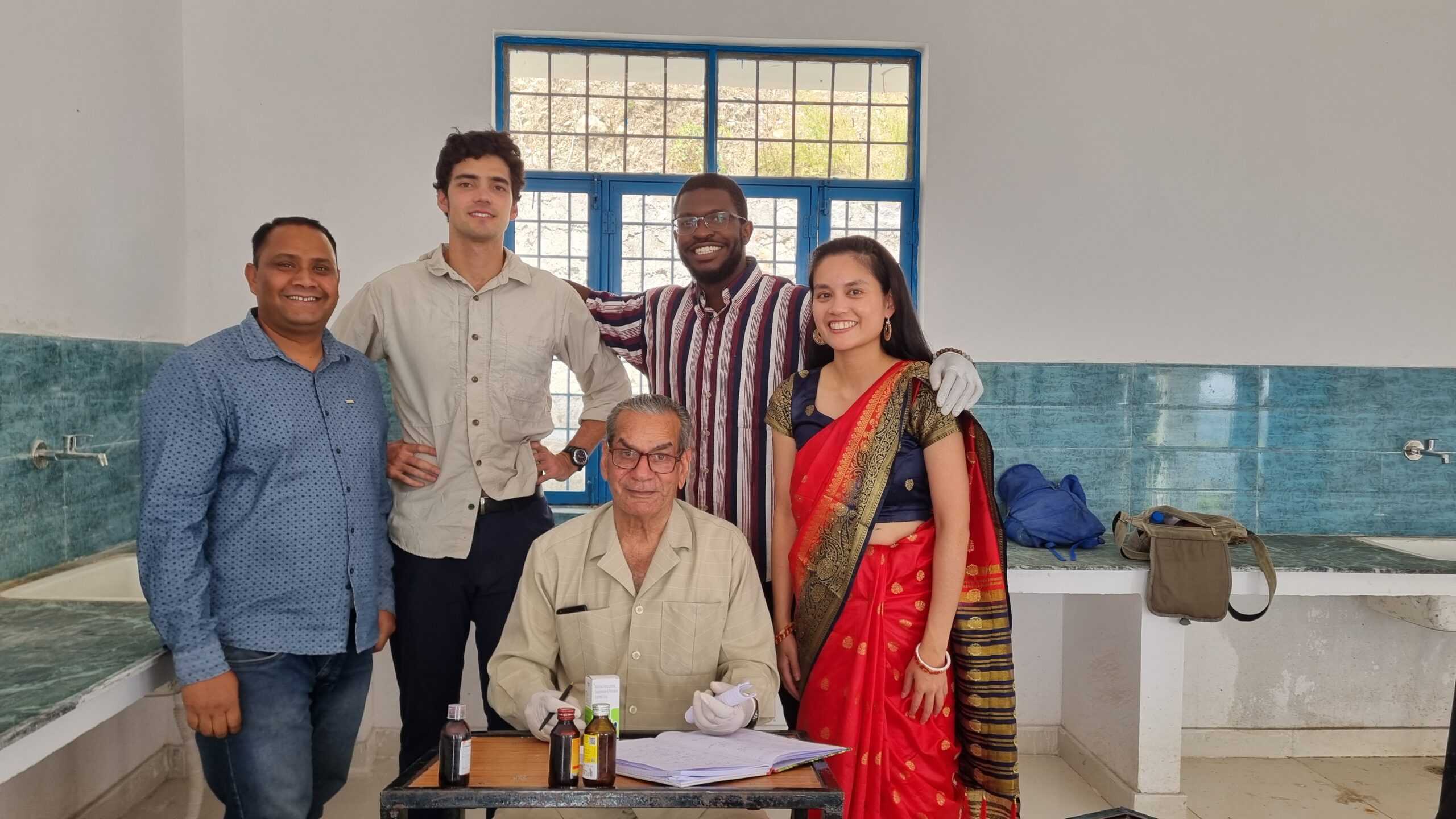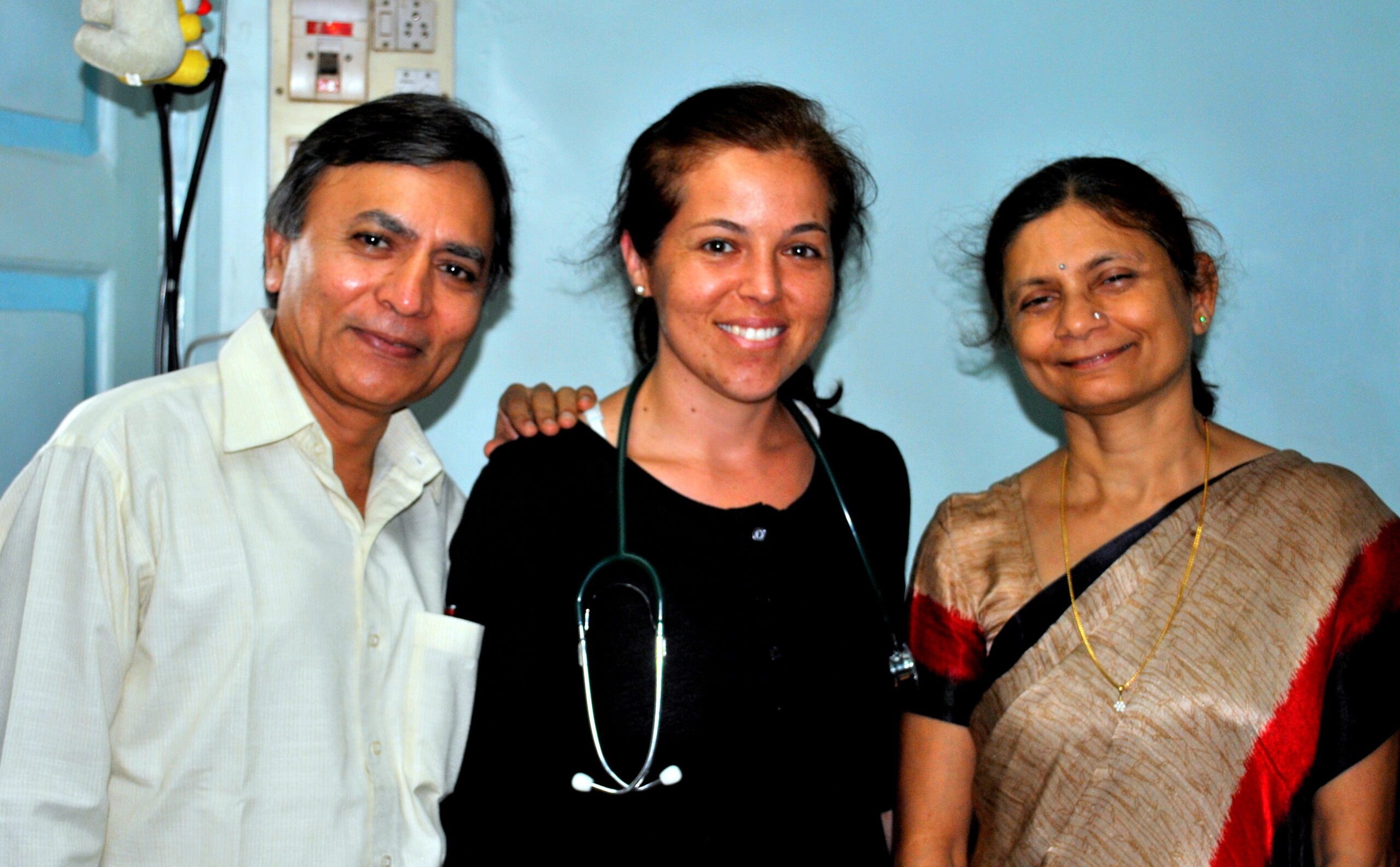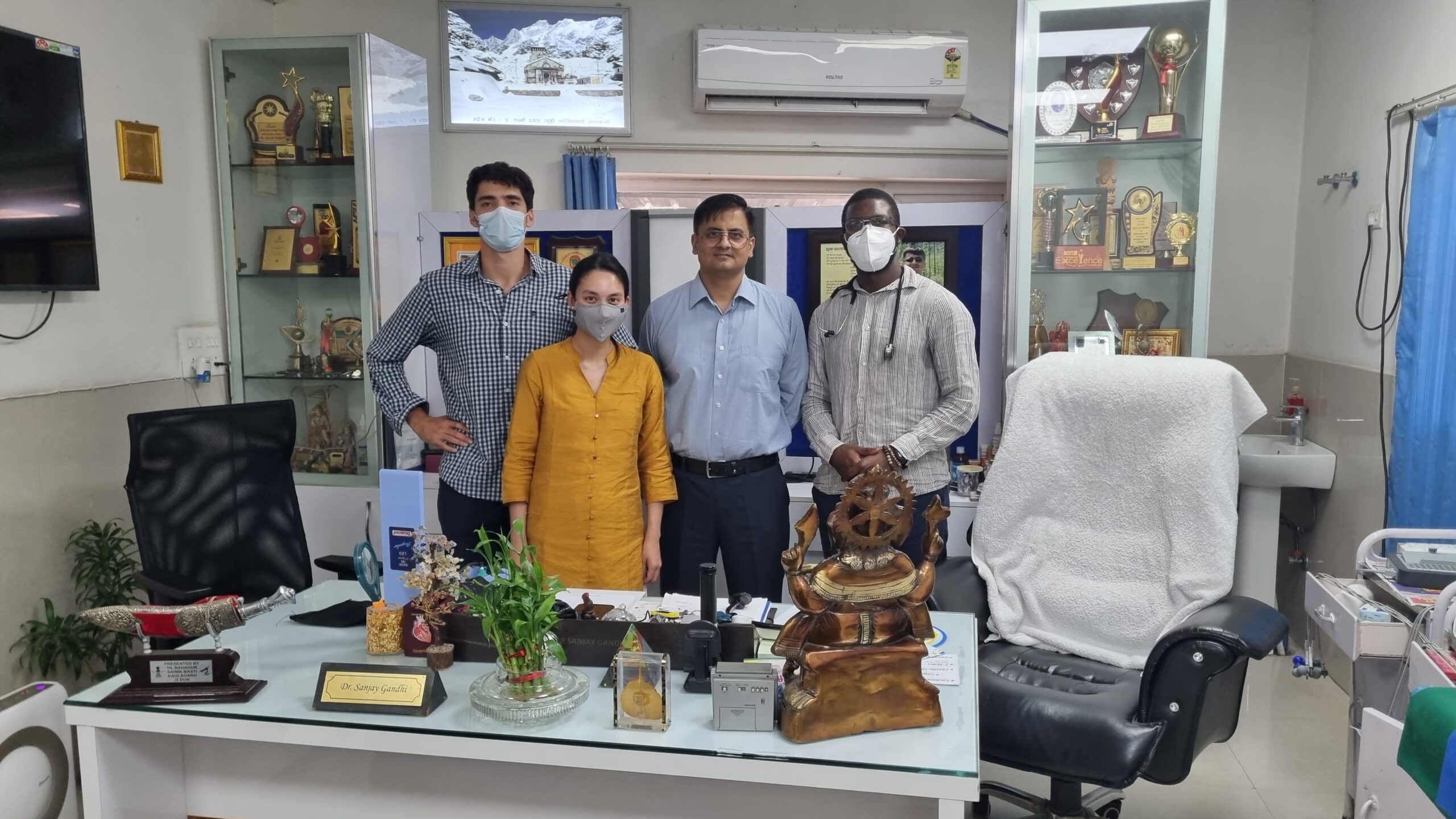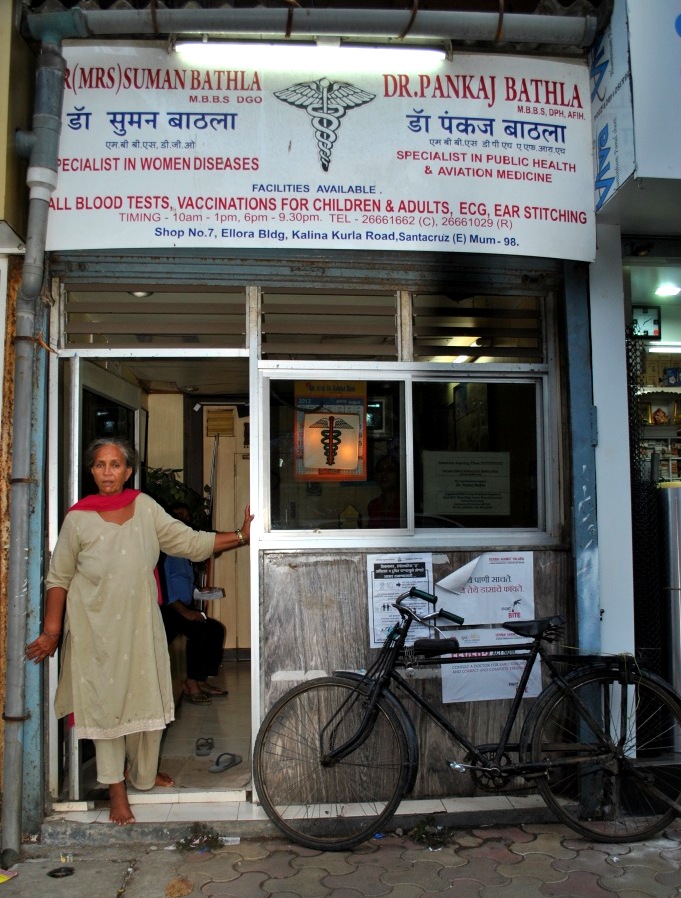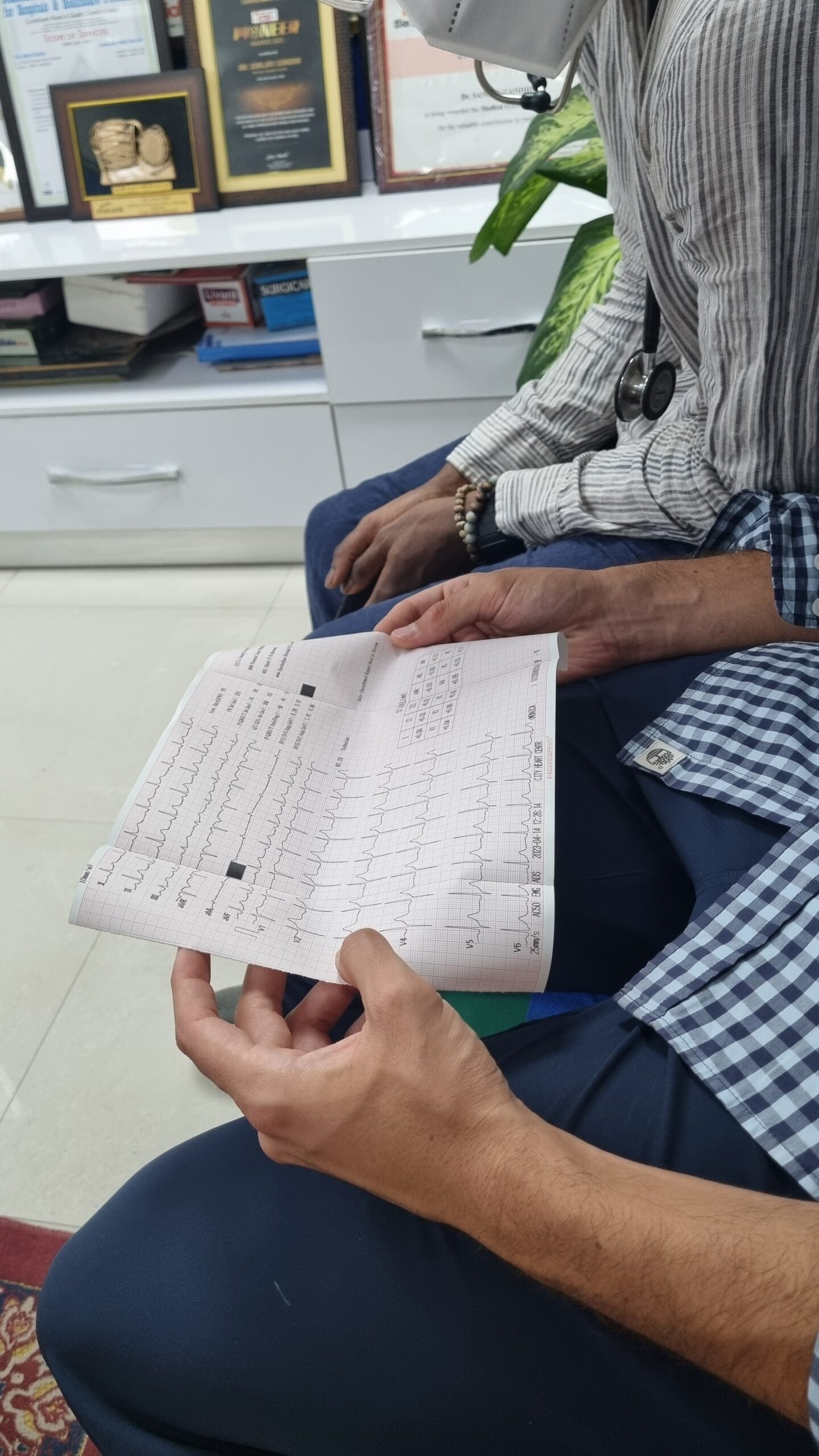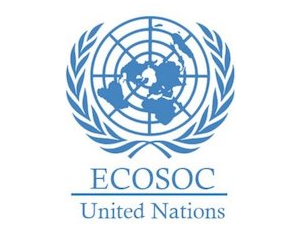- Home
- All programs
- Global Health in India (Dehradun & Rural Himalayas)
Global Health in India (Dehradun & Rural Himalayas)
Apply NowProgram overview
India is a culturally vibrant democracy of nearly 1.4 billion people, home to bustling cities, lush mountains and a diverse population. In this program, participants travel to Northern India to learn from healthcare workers in urban and rural settings, gaining insight into hospital medicine, primary care, integrative medicine, public health and health realities of rural and remote communities. Participants have a unique opportunity to encounter various health challenges in clinical settings that represent the rural and urban divide in a developing country and witness improvements made in public health, through the persistence of health camps and widespread outreach efforts.
The first week of the program is spent in New Delhi, orienting participants to Indian culture, determinants of health and health systems, and innovations in public health education and delivery. Then, participants immerse in three locations: In Uttarakhand’s capital city of Dehradun, where rotations take place at hospitals and private clinics; in the unique hilltop town of Mussoorie, where rotations take place in a private hospital; and in the rural Himalayan village of Patti, where students observe the delivery of care in a one-room clinic and trek to offer health outreach to the community, while engaging in daily yoga sessions and breathing the clean mountain air.
Become immersed in Indian culture by living with a host family in Dehradun and shared accommodations in Mussoorie and Patti. Participants may organize weekend trips to nearby Rishikesh, known as a spiritual center and the Gateway to the Garhwal Himalayas.
About this program
- Location
- Accommodations
- Arrival Information
- What's Included
- Things to Do
- A Day in the Life
- Alumni Advisor
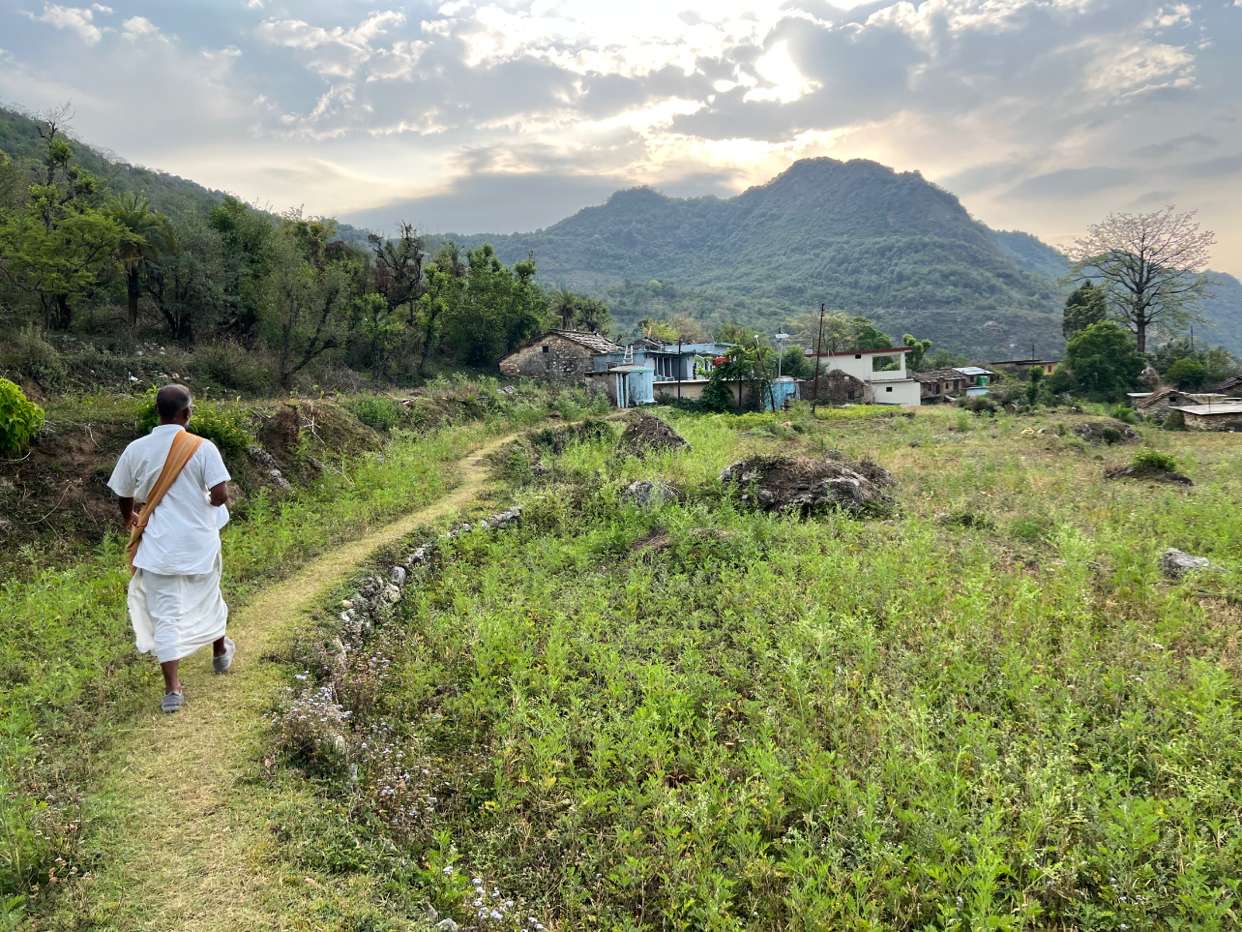
India is the 7th largest country in the world and one of the most populous, with over 1.4 billion people. There are over 30 languages spoken across India’s 29 states and 7 union territories. The country is also the birthplace of 4 of the world’s major religions—Hinduism, Buddhism, Jainism, and Sikhism-and home to 32 UNESCO World Heritage Sites. India boasts a rich history, vibrant and colorful culture, and diverse and magnificent landscapes, including architectural wonders like the Taj Mahal and Golden Temple.
This program is based in Dehradun, the capital of Uttarakhand state in northern India, roughly 4 hours north of New Delhi. The city of Dehradun is situated at an altitude of 1440 feet, nestled between the Himalayan foothills to the north and the Sivalik Hills to the south. It offers breathtaking scenery and serves as a convenient base for visiting the area’s many tourist sites.
Participants will also spend a week in Mussoorie and 2-3 days in Patti. Mussoorie is known as the “Queen of Hill Stations” and offers spectacular views of the Green Doon Valley and snow-capped peaked of the Himalayas. Patti is a small village in the foothills of the Himalayas just north of Dehradun, with a rugged, hilly terrain and lush greenery. Patti is great place to unwind, practice yoga and trek along Himalayan footpaths.

In New Delhi, program participants will find their home away from home in comfortable apartments. During time spent in the city of Dehradun, participants will stay with local host families. In the village of Patti, participants stay in a small apartment located in the village in the same building as the clinic (rustic accommodations). In Mussoorie, participants stay in guest rooms at the hospital. All housing screened by CFHI Local Coordinators in India and following CFHI’s health and safety guidelines.
Going beyond mere lodging, staying in a local housing provides a unique opportunity to learn about the local culture. Accommodations include two meals per day. Accommodations may vary depending on the number and location of students throughout the month. At the welcome orientation, participants will be instructed on culture and work etiquette to have the best experience in both the home and the health settings.

Participants should arrive in Delhi, India on the program start date. They will be picked up from the airport by a CFHI representative and taken to their housing. A welcome orientation will take place the Sunday or Monday after arrival.
US citizens and others should apply for an Indian tourist e-visa in advance. More information and specific instructions on visa applications will be provided by CFHI after acceptance into the program.

CFHI Program fees include the majority of your on the ground costs. As a nonprofit, CFHI strives to keep fees low and offers fundraising opportunities, scholarships and discounts.
Pre-Departure Support
- Program advising and support via email, phone, and web meeting from CFHI’s Central Leadership team
- Detailed online Pre-Departure Training that includes modules on program logistics (flights, visas, immunizations, and more), intercultural learning, introduction to health realities at your program site, and much more
On-Site Services
- Airport pick-up upon arrival and transportation with a local CFHI representative to your program lodging
- Welcome orientation 1-2 days after arrival covering safety, transportation, and other logistics
- CFHI Local Team that provides instruction, logistical support, and 24/7 emergency response
- Meetings and lectures on local healthcare system, socio-economic determinants of health and current cultural/historical topics.
- Placement and coordination of clinical and any public health activities (if relevant)
- Accommodation and two meals per day
- Local cell phone or support obtaining a local SIM card
- International emergency medical and evacuation insurance (unless waived by your university or institution)
Post-Return Resources
- Opportunities to engage as a CFHI Alumni Ambassador, reviewing scholarship applications, speaking on CFHI panels, and more
- Access to CFHI alumni-only social media group/s featuring news and career opportunities related to Global Health
- CFHI alumni newsletter highlighting events, professional development opportunities, resources, and ways to stay involved
Uniquely, 60% or more of CFHI student program fees go directly to the communities they will be visiting, benefiting the local economy at large.
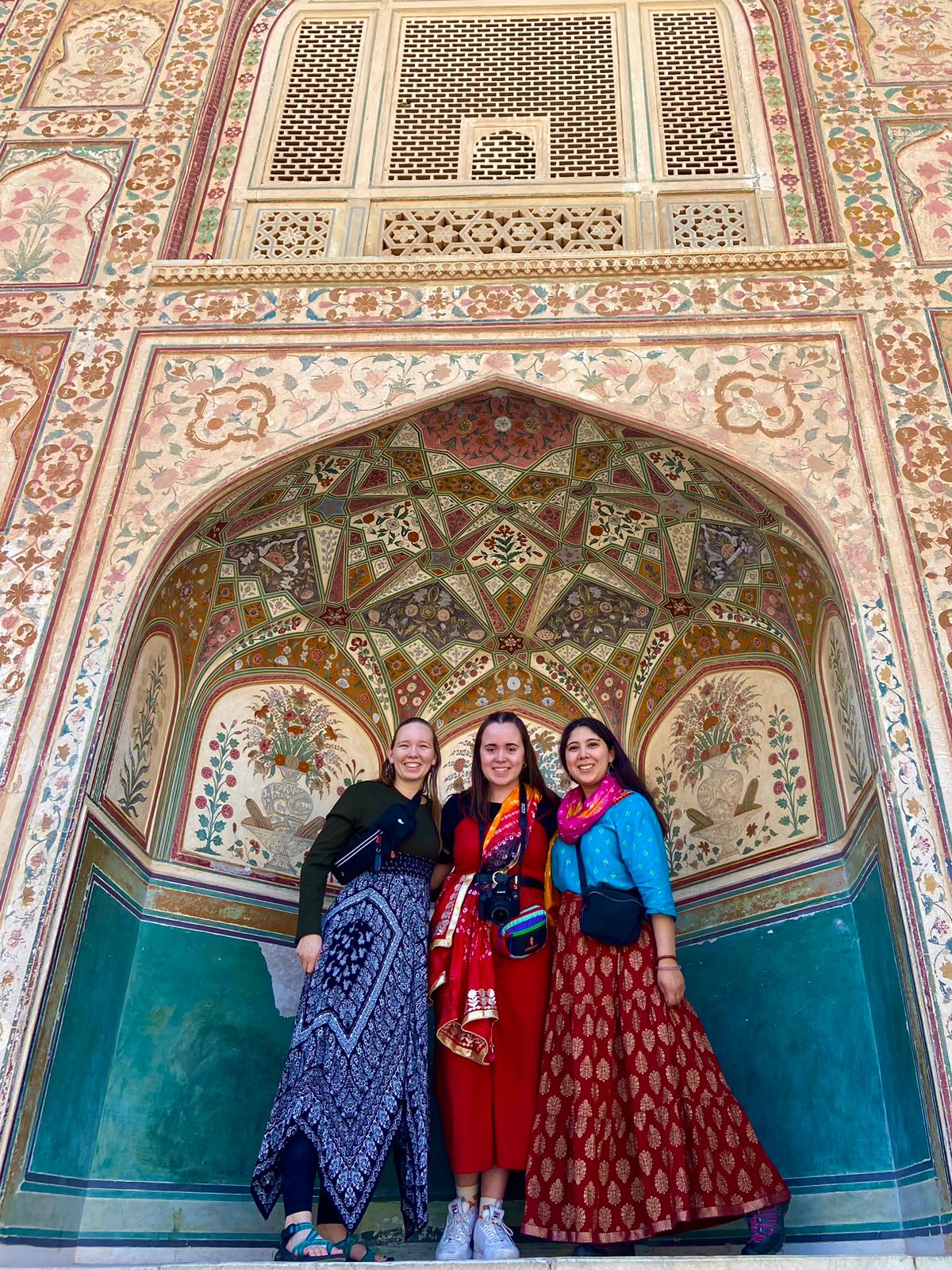
CFHI participants have free time during most evenings and weekends and may choose to organize weekend trips to nearby destinations and take part in cultural activities offered in and around Dehradun.
On weekends, participants may want to explore the many religious sites located throughout the region, including Mindrolling Monastery and a large Buddhist monastery in the Tibetan Nyingma tradition, and visit the Taj Mahal in Agra or Golden Temple in Amritsar. Another popular destination is nearby Rishikesh, the yoga capital of India, which holds immense spiritual significance and is also known as the Gateway to the Garhwal Himalayas. Other popular tourist destinations include Jaipur, known as the Pink City of India, famous for its arts and crafts, most notably block printing, stone carving and jewelry.
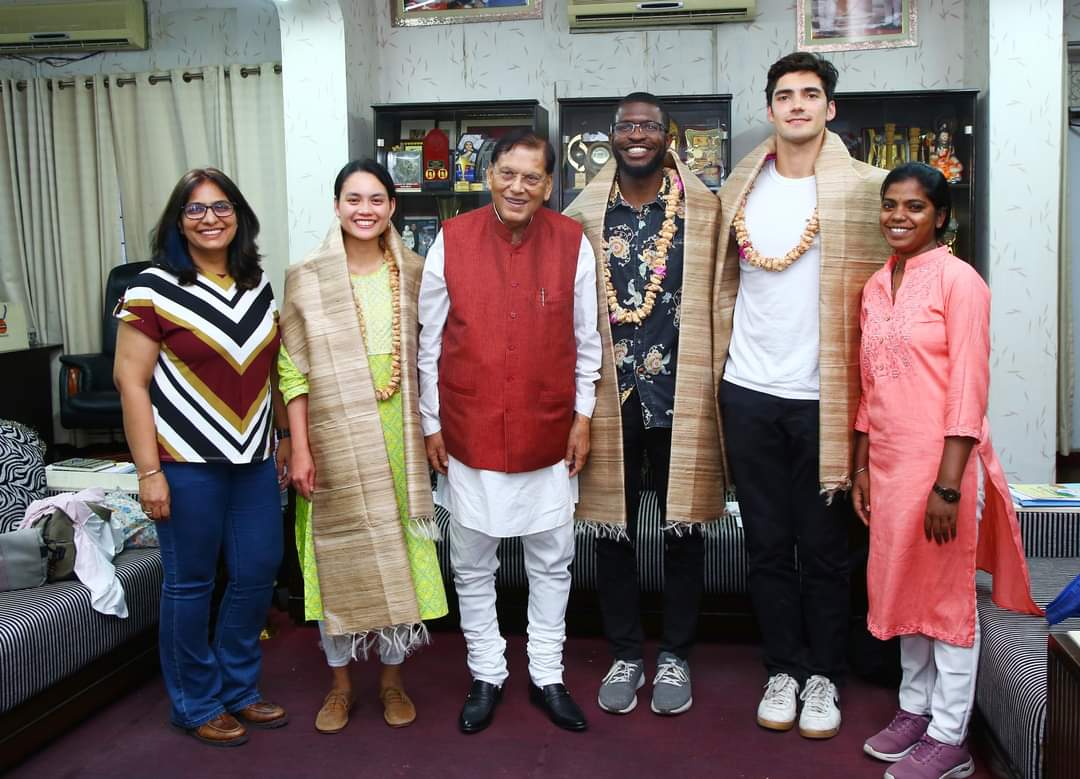
A typical day in a CFHI program is a blend of immersive learning, cultural exploration, and personal reflection. On most days, Monday – Friday, participants will attend 2 or 3 clinical rotations per day, usually one in the morning and one in the evening with a lunch break in between. The clinical site assignments and schedule are shared by the local team upon arrival. Weekends are free of program-planned activities.
Sarah Olson

I am the alumni advisor for the Dehradun & Rural Himalayas program. I participated in this program in January 2023, which inspired me to continue my advanced education in global health. I am a first-year Global Health Epidemiology MPH student at the University of Michigan in Ann Arbor, and I also serve as the Programs Assistant for CFHI, a position I have held since May 2024. Outside of academics and CFHI, I enjoy ballroom dancing, traveling, and watching movies.
Clinical Rotations & Public Health Placements
Meet the Local Team
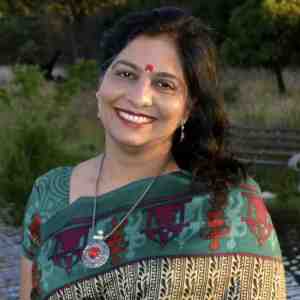
Hema Pandey - CFHI India Director
CFHI’s India Programs Director, Hema Pandey, coordinates activities for all CFHI programs in India. Hema has been instrumental in establishing CFHI’s growing presence in India, developing new program sites and researching CFHI’s growth potential in-country. She has worked for CFHI since 2005. With more than 25 years of experience in the health field, Hema has handled a wide range of projects for government and non-government organizations in India, including the Indian government’s Year of Scientific Awareness (YSA) 2004, which highlighted needs and issues related to disaster preparedness, health & nutrition and soil & water conservation.
Hema has represented CFHI at important international conferences and events including being on a Panel at the United Nations Head Quarters in New York in 2010, participating in discussion about “Women in Leadership Roles in Male Dominated Societies”.
Hema enjoys helping CFHI students achieve academic and personal goals, and developing leadership skills during their time in the program. She loves to volunteer in her free time and has been actively involved with Delhi Education Department working in the development of government schools and student learning in South Delhi. She is also the honorary Member Secretary for an Ethics Committee. Hema enjoys photography and traveling with family.
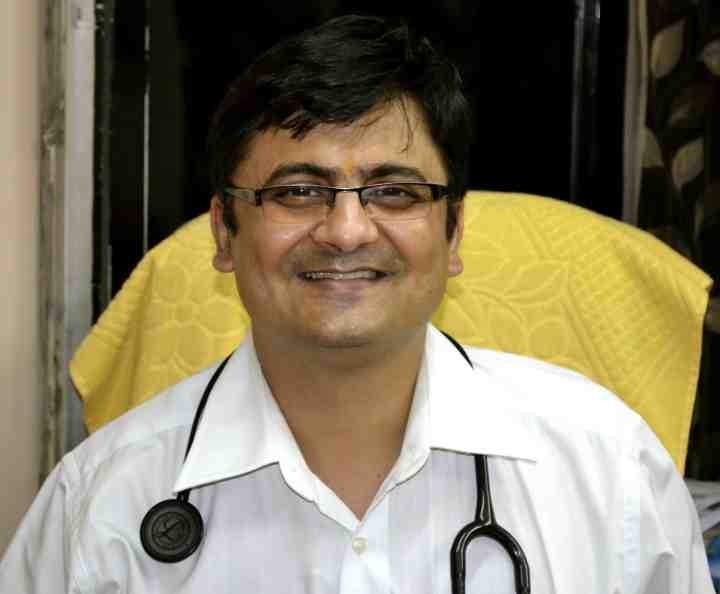
Dr. Sanjay Gandhi - CFHI Dehradun Medical Director
The role of the Medical Director is to arrange clinical and public health placements, supervise the participant experience at these sites, and provide instruction on healthcare topics during meetings. Dr. Gandhi runs a private clinic in Dehradun. He is trained in emergency medical services and caters to all kinds of medical emergencies, specifically cardiac and respiratory. He is a committed physician who enjoys working with CFHI participants and the local community.
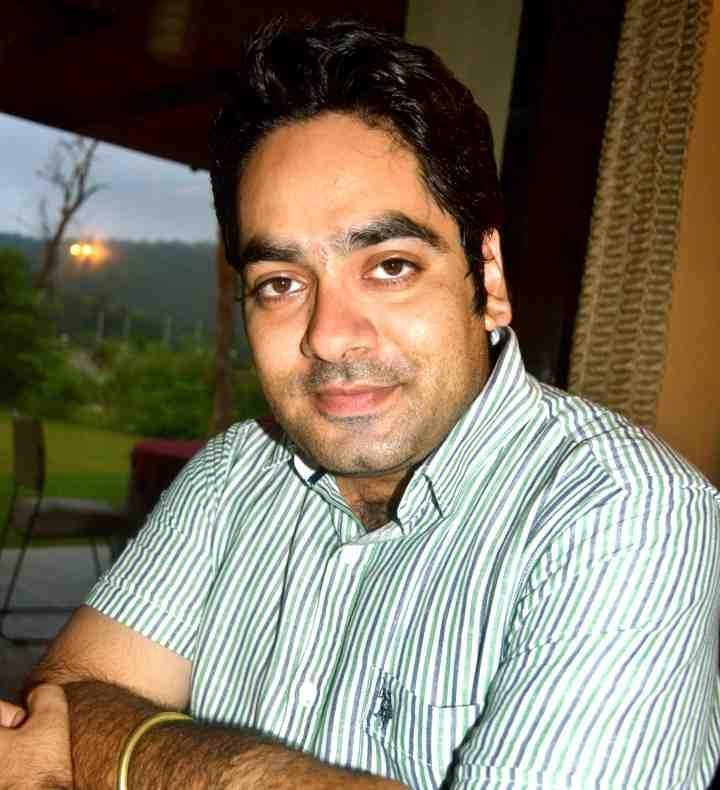
Mayank Vats - CFHI Dehradun Local Coordinator
The CFHI Local Coordinators manage the logistics of housing, transportation, and cultural immersion throughout the program. They are a valuable resource for any questions related to navigating the program locale, cultural norms, and tips on planning weekend travel. Mayank is a great resource for any questions related to navigating Dehradun locale, cultural norms and tips on planning weekend travel. Mayank has worked with CFHI since 2007. He graduated from Prayagraj Allahabhad University in Dehradun and is currently pursuing a degree in Mass Communication. He views CFHI participants as “global ambassadors” and enjoys learning about their studies and culture. In his free time, Mayank writes poems in Hindi and English.
Eligibility
This CFHI program is ideal for participants who are 19 years of age or older, who have an interest in fields related to primary health care, hospital & inpatient medicine, urban & rural comparison, planetary health, and/or public health. You do not need to be a student to be eligible for this program; mid-career professionals, GAP year learners, and others are also welcome. This program will provide an in-depth overview of primary health care, hospital & inpatient medicine, urban & rural comparison, planetary health, and/or public health in India through rotations within various hospitals and clinics in Dehradun and the Rural Himalayas. To confirm your eligibility, please read CFHI’s general eligibility requirements.
The Sustainable Development Goals are a global roadmap set forth by the United Nations General Assembly to end poverty, protect the planet, and ensure the well-being of all individuals by the year 2030. This program highlights the following SDGs:
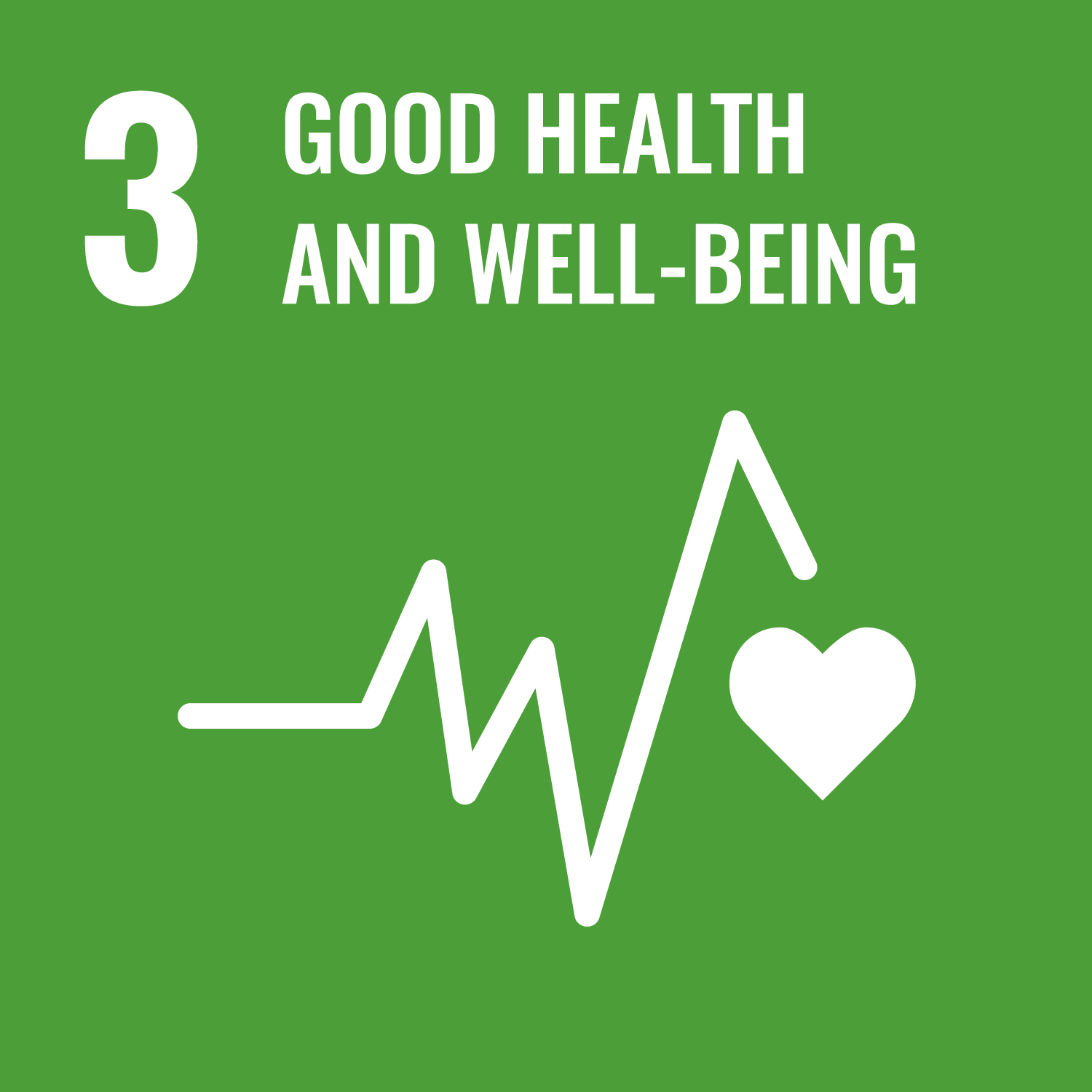
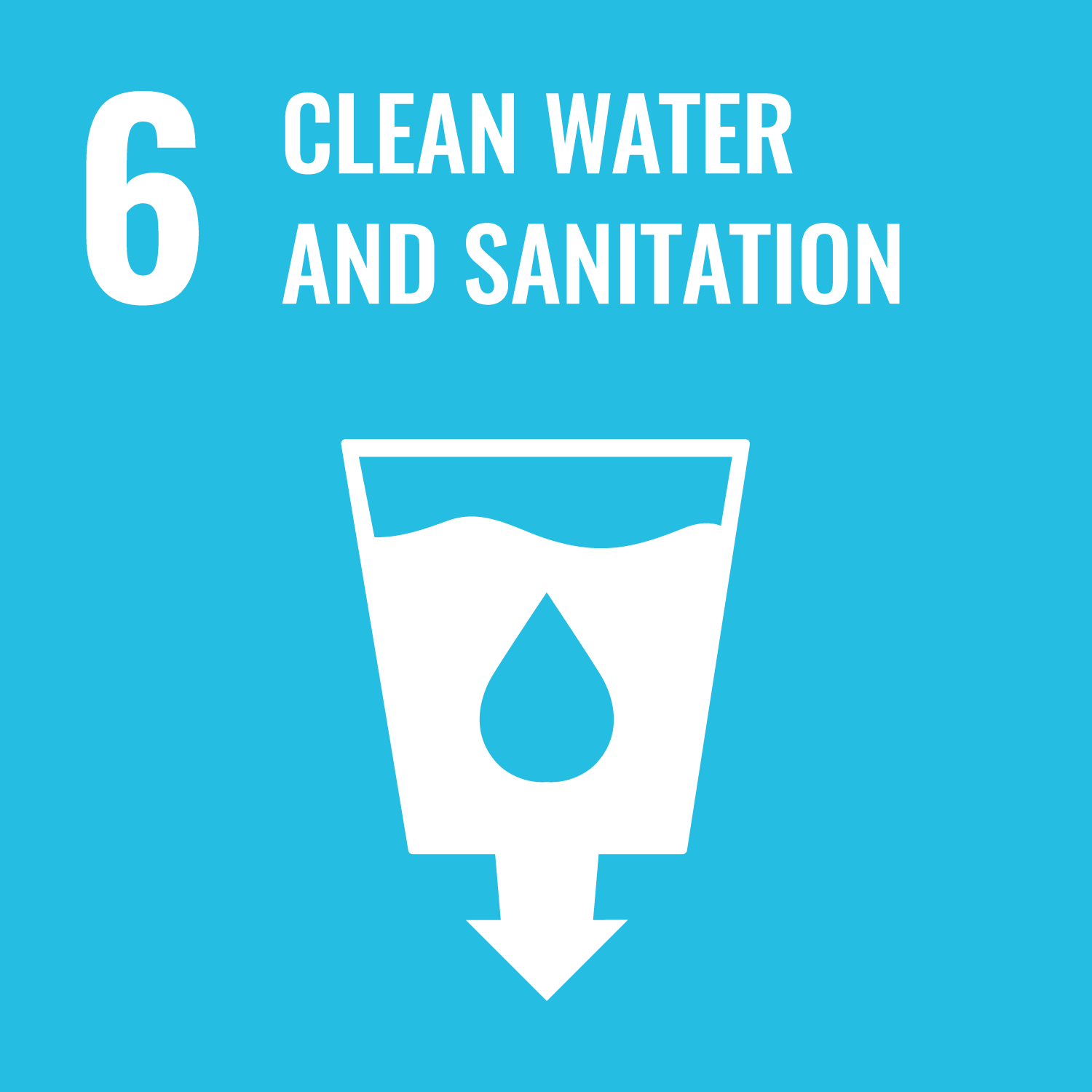
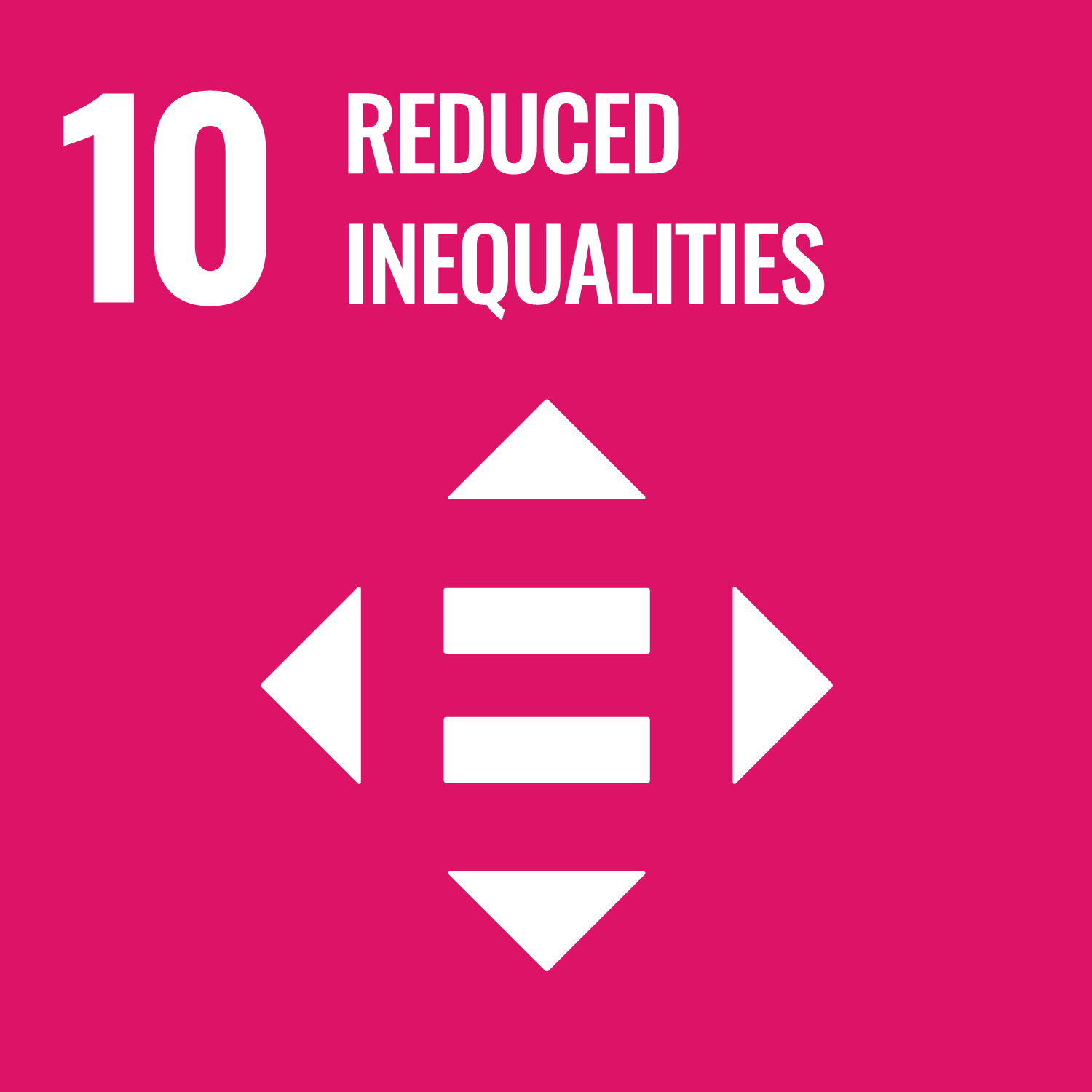
How to Apply
Create profile
Submit application
Hear back from CFHI team
Complete pre-departure training and requirements



Let The World Change You
